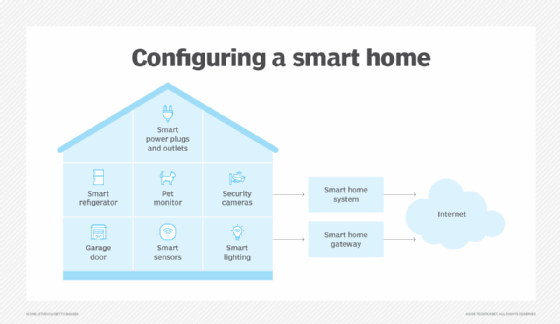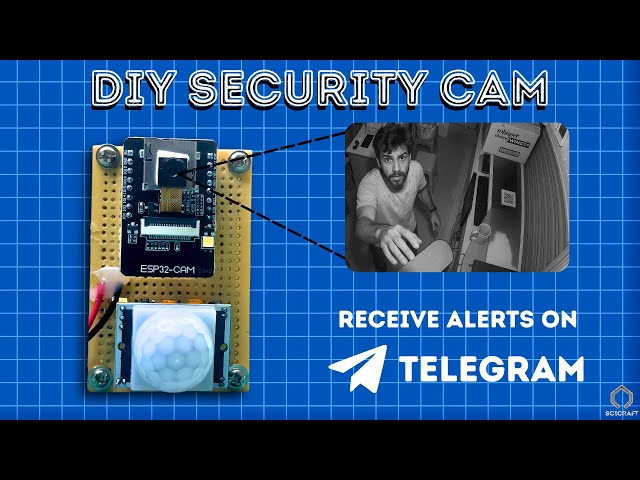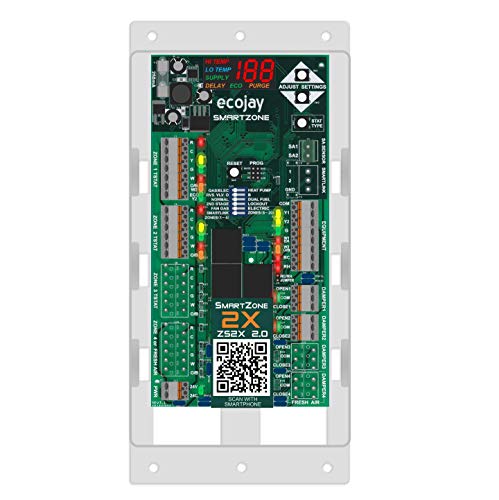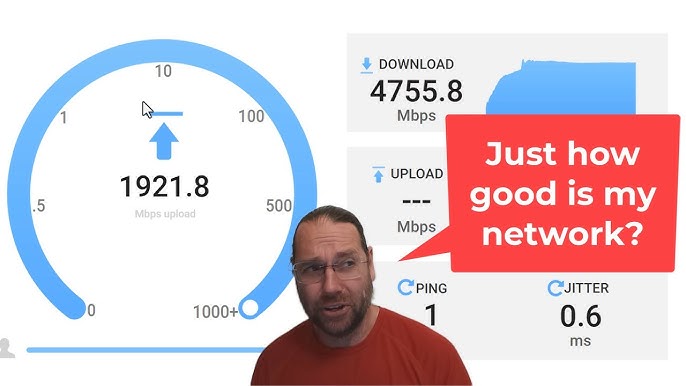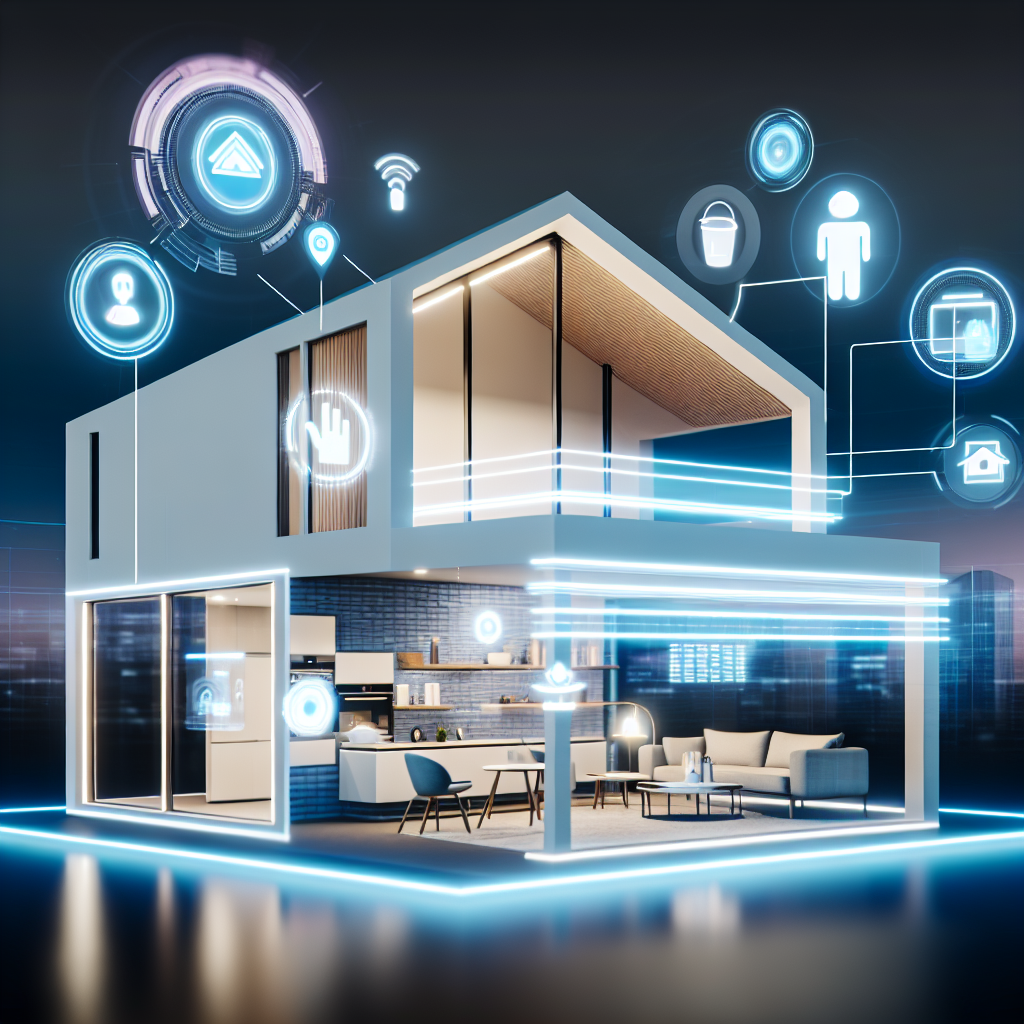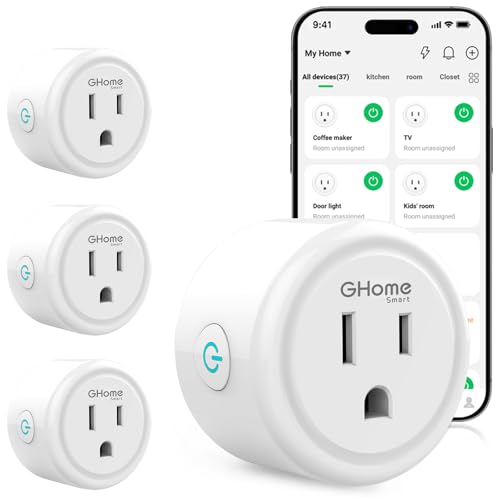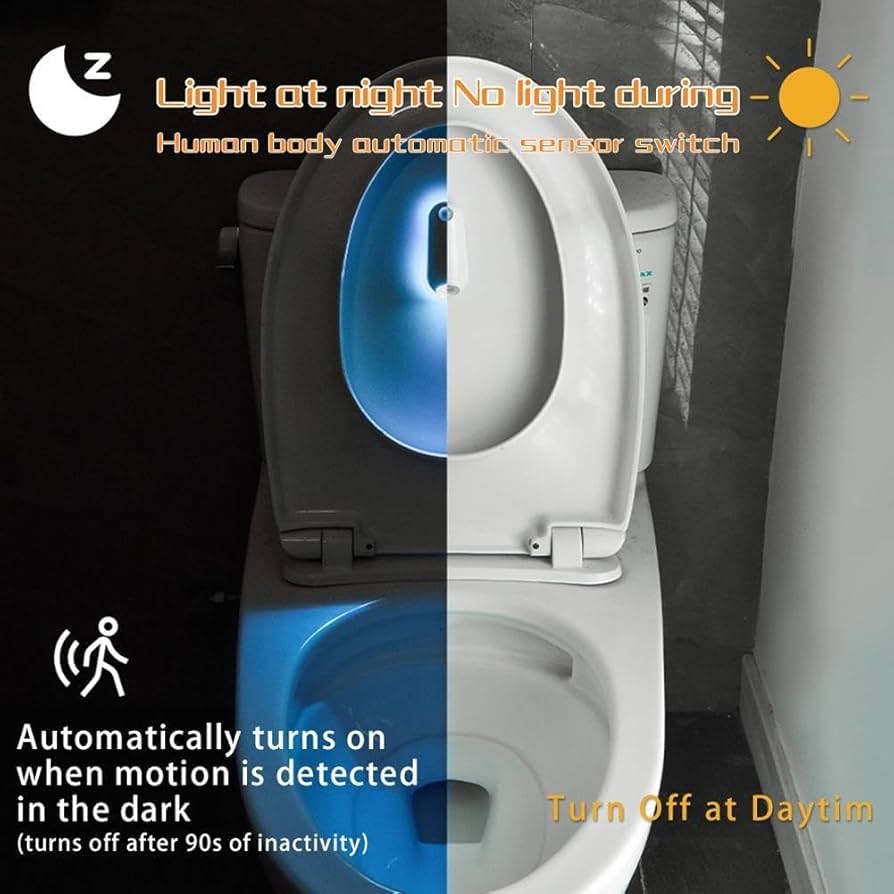Imagine your home knowing exactly what you need before you even ask. Smart sensors can make this possible.
They help your home become safer, more energy-efficient, and more comfortable. Whether it’s adjusting the lights when you enter a room or alerting you to a leak, these tiny devices work quietly in the background to improve your daily life.
Curious how smart sensors can transform your home? Keep reading to discover the most practical and exciting ways you can use them today.
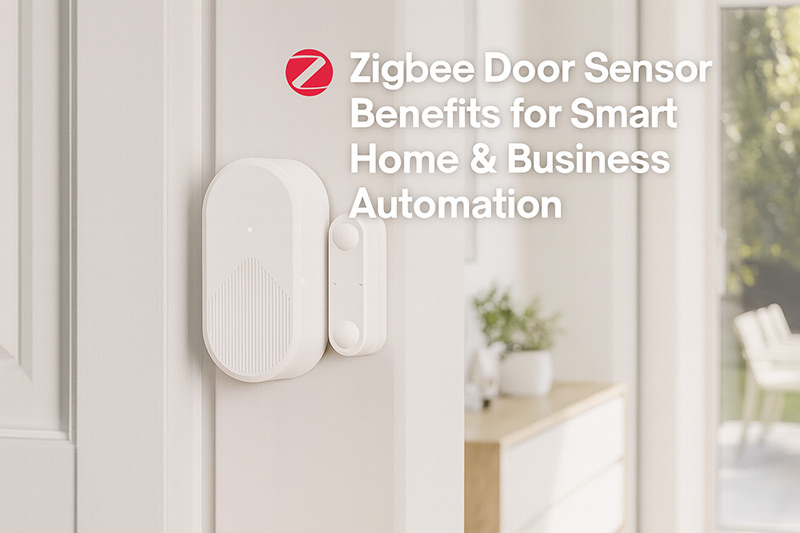
Credit: www.owon-smart.com
Smart Lighting Control
Smart sensors help control lights in homes automatically. They make lighting easy and efficient.
With smart lighting control, you save energy and create a comfortable space.
Adaptive Brightness Settings
Sensors adjust light brightness based on room conditions. Lights get brighter or dimmer as needed.
This helps keep the right light level for reading, relaxing, or working.
- Brighten lights during the day
- Dim lights at night
- Adjust for natural light coming in
Voice-activated Lighting
Smart sensors connect with voice assistants. You can control lights with simple commands.
This makes turning lights on or off easy without using switches.
- Turn lights on by saying “lights on”
- Change colors or brightness with voice
- Set timers or scenes hands-free
Energy Savings With Sensors
Motion and light sensors help cut energy use. Lights turn off when no one is in the room.
They also adjust brightness to avoid wasting power.
- Switch off lights in empty rooms
- Lower brightness when natural light is strong
- Reduce electricity bills

Credit: www.rochesterfirst.com
Home Security Enhancements
Smart sensors improve home security by detecting unusual activities. They help protect your home day and night.
These sensors connect to your home system and alert you about potential threats immediately.
Motion Detection Systems
Motion detection sensors sense movement inside or outside your home. They trigger alarms or notifications if something moves unexpectedly.
These systems can reduce false alarms by ignoring small animals or harmless movements.
- Detects human movement
- Triggers alarms or alerts
- Can cover large areas
- Reduces false alarms
Smart Door And Window Sensors
Door and window sensors detect when they open or close. They send alerts if a door or window is opened unexpectedly.
These sensors help you monitor entry points and keep your home secure against intruders.
- Detects open or closed state
- Sends instant alerts
- Monitors all entry points
- Easy to install
Integration With Security Cameras
Smart sensors work with security cameras to give you more information. When a sensor triggers, cameras start recording automatically.
This integration helps you see what caused the alert and check your home remotely.
- Triggers camera recording on sensor alert
- Provides video evidence
- Allows remote monitoring
- Improves response time
Climate And Air Quality Management
Smart sensors help keep homes comfortable and healthy. They track temperature, air quality, and humidity levels.
Using these sensors can improve air quality and save energy by adjusting the climate automatically.
Temperature Monitoring Sensors
Temperature sensors measure the heat inside your home. They send data to control systems for better comfort.
These sensors detect changes quickly and help maintain a steady temperature throughout the day.
Air Quality And Humidity Control
Sensors monitor air quality by checking pollutants and harmful gases. They also track humidity levels to prevent mold.
Good air quality and proper humidity keep the home safe and comfortable for everyone.
- Detect smoke and harmful gases
- Measure dust and allergens
- Control moisture to avoid mold
Smart Thermostat Integration
Smart thermostats use sensor data to adjust heating and cooling automatically. This keeps your home comfortable all day.
They can learn your schedule and save energy by changing settings when you are away.
Appliance Automation
Smart sensors help automate home appliances for better comfort and efficiency. They make devices work smarter without extra effort.
Automation saves time and energy by controlling appliances based on real-time data from sensors.
Smart Kitchen Devices
Smart sensors in kitchen devices help cook food perfectly. They adjust temperature and cooking time automatically.
These sensors can detect if the oven door is open or if the fridge is running too long. This keeps food fresh and safe.
Energy Monitoring For Appliances
Sensors track how much energy each appliance uses. This helps you find devices that use too much power.
Knowing energy use helps reduce bills and lowers waste by turning off appliances when not needed.
- Track real-time energy consumption
- Identify high-energy appliances
- Receive alerts about unusual use
Remote Control And Scheduling
Sensors allow you to control appliances from far away using apps or voice commands. This adds convenience.
You can set schedules for appliances to turn on or off at certain times. This saves energy and fits your routine.
- Turn devices on/off remotely
- Set timers and schedules
- Receive status updates
Health And Wellness Monitoring
Smart sensors help track health and wellness at home. They collect data to improve daily habits.
These sensors provide useful information about sleep, air quality, and fitness. This helps people stay healthy.
Sleep Quality Sensors
Sleep sensors monitor how well you sleep each night. They track movement, heart rate, and breathing.
Data from these sensors shows sleep patterns and problems. Users can adjust habits for better rest.
Indoor Environment Tracking
Indoor sensors check air quality, temperature, and humidity. They help keep the home environment safe.
Good air and temperature improve breathing and comfort. Sensors alert you to poor conditions early.
- Measure carbon dioxide and pollutants
- Track room temperature changes
- Monitor humidity for mold prevention
Personal Fitness Integration
Fitness sensors link with smart devices to track activity and exercise. They record steps, heart rate, and calories.
This data helps users set goals and stay motivated. It also shows progress over time for better health.
Smart Entertainment Systems
Smart entertainment systems use sensors to improve how we enjoy media at home. These systems adjust automatically to user actions and preferences. They create a more engaging and easy-to-use experience.
By using smart sensors, these systems can sense movements, recognize users, and connect devices smoothly. This makes watching movies, listening to music, and playing games more fun and convenient.
Gesture And Motion Controls
Smart sensors detect hand movements and body gestures to control entertainment devices. You can change channels, adjust volume, or pause videos without touching a remote.
This hands-free control is useful when your hands are busy or dirty. It also adds an interactive way to use your TV or sound system.
- Wave hand to change the channel
- Swipe to adjust volume
- Raise hand to pause or play media
Personalized Media Settings
Smart sensors can recognize individual users in a room. The system then adjusts settings like sound, brightness, and content preferences for each person.
This personalization creates a better viewing and listening experience. Everyone can enjoy their favorite shows or music with the right settings automatically applied.
- Auto-adjust volume based on listener’s position
- Set screen brightness to user preference
- Recommend media based on past choices
Seamless Device Connectivity
Smart sensors help connect different devices in the entertainment system. They detect when new devices join or leave the network and adjust settings smoothly.
This allows you to switch between devices easily. For example, moving from watching TV to playing music on wireless speakers happens without manual setup.
- Automatic detection of smartphones and tablets
- Easy switching between audio and video sources
- Sync multiple devices for a unified experience
Water Management Solutions
Smart sensors help manage water in homes. They save water and prevent damage.
These sensors track water use and detect leaks early. They also control irrigation efficiently.
Leak Detection Sensors
Leak detection sensors find water leaks fast. They send alerts to stop water waste.
These sensors protect homes from water damage and high bills. They work in pipes and appliances.
Smart Irrigation Systems
Smart irrigation systems use sensors to water plants only when needed. They check soil moisture and weather.
This saves water and keeps gardens healthy. The system adjusts watering times automatically.
Water Usage Monitoring
Water usage monitoring sensors track how much water a home uses. They help spot high water use quickly.
Homeowners can see daily or weekly water use. This helps them reduce waste and save money.

Credit: www.zdnet.com
Frequently Asked Questions
What Are Common Smart Sensor Uses In Homes?
Smart sensors monitor temperature, humidity, and motion. They enhance security, automate lighting, and optimize energy use. These sensors improve comfort and safety by adapting to your lifestyle efficiently.
How Do Smart Sensors Improve Home Security?
Smart sensors detect motion, glass break, or door/window openings. They trigger alerts and alarms instantly. This real-time monitoring prevents intrusions and enhances overall home safety effectively.
Can Smart Sensors Help Reduce Energy Bills?
Yes, smart sensors adjust heating, cooling, and lighting based on occupancy and time. This reduces unnecessary energy consumption, lowering utility bills while promoting eco-friendly living.
Which Smart Sensors Automate Home Lighting?
Motion and ambient light sensors automate lighting by detecting presence and natural light levels. They switch lights on/off or dim them, improving convenience and saving energy.
Conclusion
Smart sensors enhance home convenience and safety. These devices save energy. They also offer remote control options. Families benefit from peace of mind. Installation is often simple and quick. Smart sensors adapt to various home needs. From lighting to security, they cover it all.
They fit well in modern homes. Technology continues to evolve. This means more smart sensor options ahead. Consider integrating them into your home. Experience modern living with ease. Smart choices lead to smart homes.
15 min read

